
- Supreme Court rejects review petitions challenging the scrapping of the Modi government’s electoral bonds scheme.
- The court found no error in its earlier ruling, dismissing all pleas for further review.
- The controversial electoral bonds scheme was deemed violative of constitutional rights, including the right to information.
Could the Electoral Bonds Scheme Make a Comeback?
In a significant ruling, the Supreme Court of India has dismissed all pleas seeking a review of its February 2024 verdict, which struck down the Modi government’s electoral bonds scheme. The court, led by Chief Justice D.Y. Chandrachud, maintained that there was no error in its original decision to scrap the scheme. This dismissal has reignited discussions on the controversial political funding mechanism, which many believed brought more secrecy than transparency to campaign financing.
But why did the court reject the petitions? Petitioners, including advocate Mathews J. Nedumpara, argued that the scheme was a matter of legislative and executive policy, falling outside the court’s jurisdiction. They also contended that public opinion was divided on the issue, with many supporting the scheme. However, the court ruled that it had acted within its authority, especially considering the potential harm to freedom of speech and expression, as well as the right to information.
What Was the Supreme Court’s Concern?
The electoral bonds scheme, introduced in 2018, was initially seen as a move toward transparency in political funding. However, critics argued that it did the opposite, allowing anonymous donations that lacked accountability. The apex court agreed with these concerns, stating that the scheme was “violative” of constitutional rights. It highlighted how ruling parties could pressure contributors, leading to an unhealthy political climate.
The court also criticized the government’s claim that the scheme protected donor confidentiality, likening it to secret ballots in elections. In its verdict, the court directed the State Bank of India (SBI) to provide details of the electoral bonds purchased since 2019 to the Election Commission of India, ensuring greater transparency moving forward.
Conclusion: What’s Next for Political Funding in India?
With the Supreme Court standing firm in its decision to strike down the electoral bonds scheme, the future of political funding in India remains uncertain. While the ruling has sparked a debate on transparency versus confidentiality in donations, it is clear that political funding reforms are far from over. For now, the government will need to reconsider how to address these issues, balancing the need for transparency with the rights of political contributors. Whether new reforms will emerge remains to be seen, but one thing is certain: public scrutiny of political funding is here to stay.

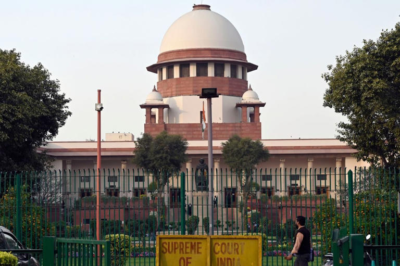



























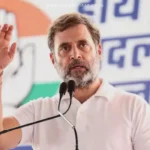


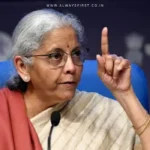

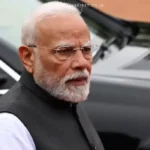
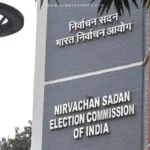




Leave a Reply